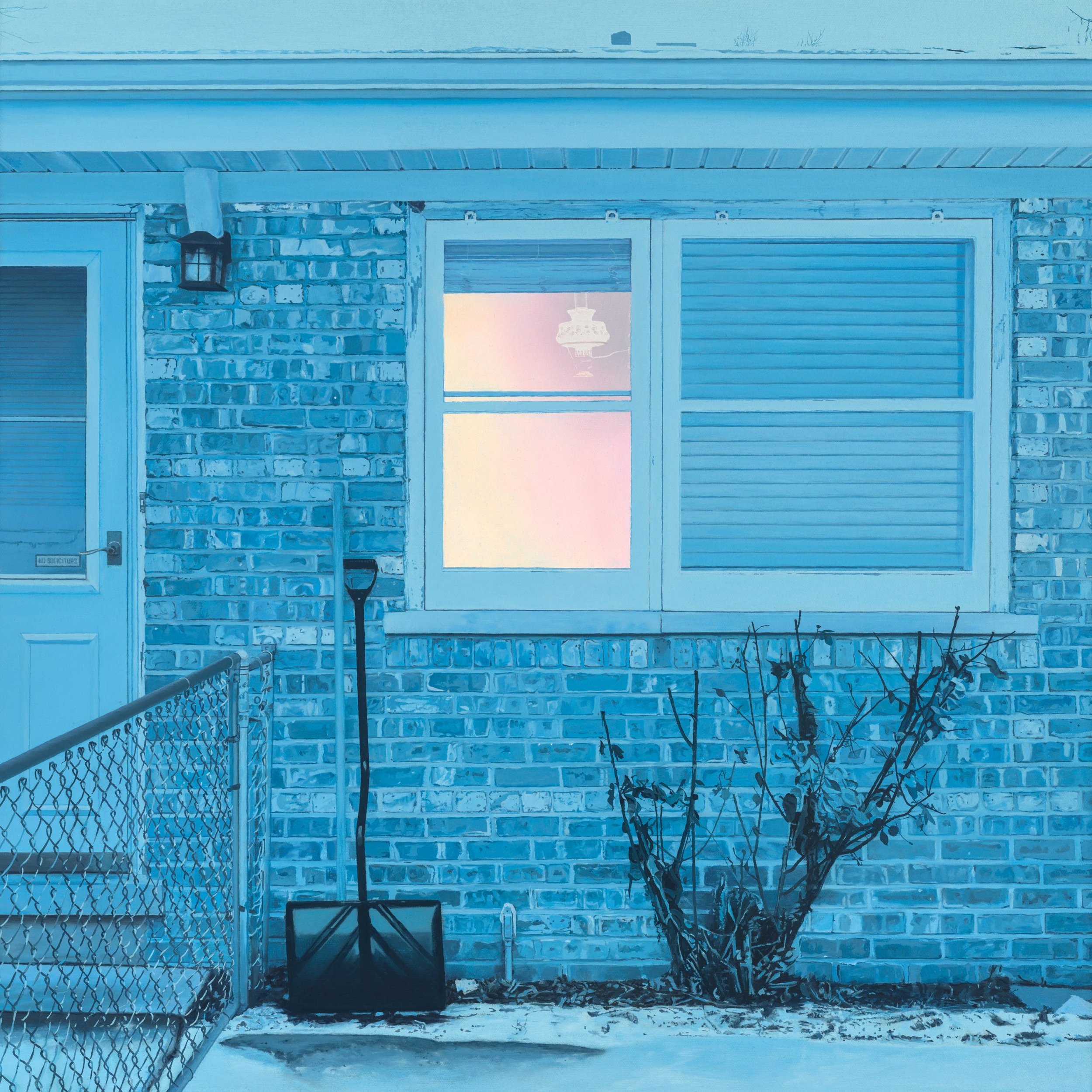Ratboys – The Window | Album Review
/Topshelf Records
There is a moment I love from Ratboys’ debut album AOID, on their song “Charles Berenstein.” Amidst a song about love and confusion, the instrumentals suddenly switch to a waltzy three-four time signature for a measure or two, with an ascending bass line imbuing the piece with a bouncy and breezy, almost jazzy, feeling. It’s a bold move; a sudden musical change like this could feel abrupt and out of place, but Ratboys pulled it off, making it sound sealed and solid. I love this moment because it’s cool and makes me want to dance, but also because you can feel the whole group perfectly operating as a unit.
For a band that has felt so coherent and solid from their debut, it is hard to imagine improvement. Yet Ratboys have continued to surpass themselves, with each record outdoing the last in style and emotive depth. The Window, their fifth and latest record, is the culmination of this stunning growth, with the band writing all songs together for the first time. It also marks the first time the band has recorded an album outside of Chicago, which struck me as curious since the record carries a quintessentially Chicago flavor, that specific jaunty and reckless strain of indie rock. Instead, the songs were recorded in Seattle with producer Chris Walla, known for his involvement in the band Death Cab for Cutie, who pushed the band to expand their repertoire while leaving the Chicago sound intact. Described by frontwoman Julia Steiner as a “dedicated and intentional process,” the songs were written and rehearsed for two years before seeing the light of production.
Right from the opening track, the composition and energy diverge from the rest of the band’s repertoire while maintaining the ethos of tenderness that has characterized their music from their earliest releases. Throughout the album, grungy, garage-rock-inflected motifs veer into power pop and country-folk territory, and the songs feature lyrics ranging from punchy and defiant to grim and reflective. The band even leans into goofy horror aesthetics in the record’s smash lead single “It’s Alive!” which continues the record’s window theme while also articulating a particular kind of American ennui: “I feel it all, frozen in my house / All around, it’s in the stars / It’s speeding towards the sign.” There is even a brief fiddle featured on “Morning Zoo,” showing the magic of their bold new songwriting experiments.
Lead single “Black Earth, WI,” is almost nine minutes in length and features a transcendental guitar solo that evokes a different time in rock and roll history when guitar solos were treated with a different kind of attention and reverence. More rollicking garage rock fun adorns “Crossed That Line” and “Empty,” with gutsy energy creating a noisy but endlessly danceable groove. The fuzzy guitars propel Steiner’s vocals to ethereal heights. The lyrics on these songs would feel snotty if they weren’t so confident: “Get it? I got it / It’s not what I wanted / it’s fucking dumb.” This young feeling of rebellion revived suffuses other songs, as in “No Way,” where Steiner sings, “I’ll take a penny for your thoughts, and I’ll throw it straight to hell / There’s no way you’ll control me again.”
The album’s title track carries a smashing rock effect, which belies the stunningly intimate lyrics about the death of Steiner’s grandmother in June of 2020. According to Steiner, protections from the COVID-19 pandemic dictated that the family had to say their goodbyes through an open window in her grandmother’s nursing home, unable to be physically close. Steiner notes that many of the lyrics in the song come from quotes her grandfather said to her grandmother through the window: “I need to tell you everything / before it’s too late / That I don’t regret a single day / And you’re so beautiful.” The song is so upbeat and catchy it is almost impossible to cry, striking an energetic tone amidst a reflection on grief and change.
Closing out the record, “Bad Reaction” is the final jewel in the crown. Following the diversely uptempo offerings of the other songs, “Bad Reaction” stands in partial contrast to the busy and ambitious sonic textures of the other songs, with poignant and spare composition. The quieter sound makes the sincerity of the song all the more meaningful and shows that Ratboys can do more than crash and crush. The emotions of the song feel achingly clear and present, to me at least, my heartstrings pulled as Steiner’s clear voice asks, “What’s the one thing you love / what’s the one thing you love / what’s the one thing you love now?” Although I have never driven a car fast in reverse, as Steiner sings, I feel a profound sense of relatability with the song, which carries a certain hallowed resonance I struggle to describe. Perhaps it is simply the keen pain of a singular longing. Either way, it captures the peculiarly unhappy feeling of being young and listless in America with a haunting specificity that also feels universal.
Such a wide range of sounds and emotions could sound disjointed with any other band at the helm, but Ratboys manage to make it sound cohesive and solid, a confident execution of a bold artistic vision. The Window showcases a band’s growth and documents their lineage within a specific indie scene. They are at once omnivorous and ambitious, cheeky and contemplative, salty and sweet.
Elizabeth is a neuroscience researcher in Chicago. She writes about many things—art, the internet, apocalyptic thought, genetically modified mice–on her substack handgun.substack.com. She is from Northern Nevada.









